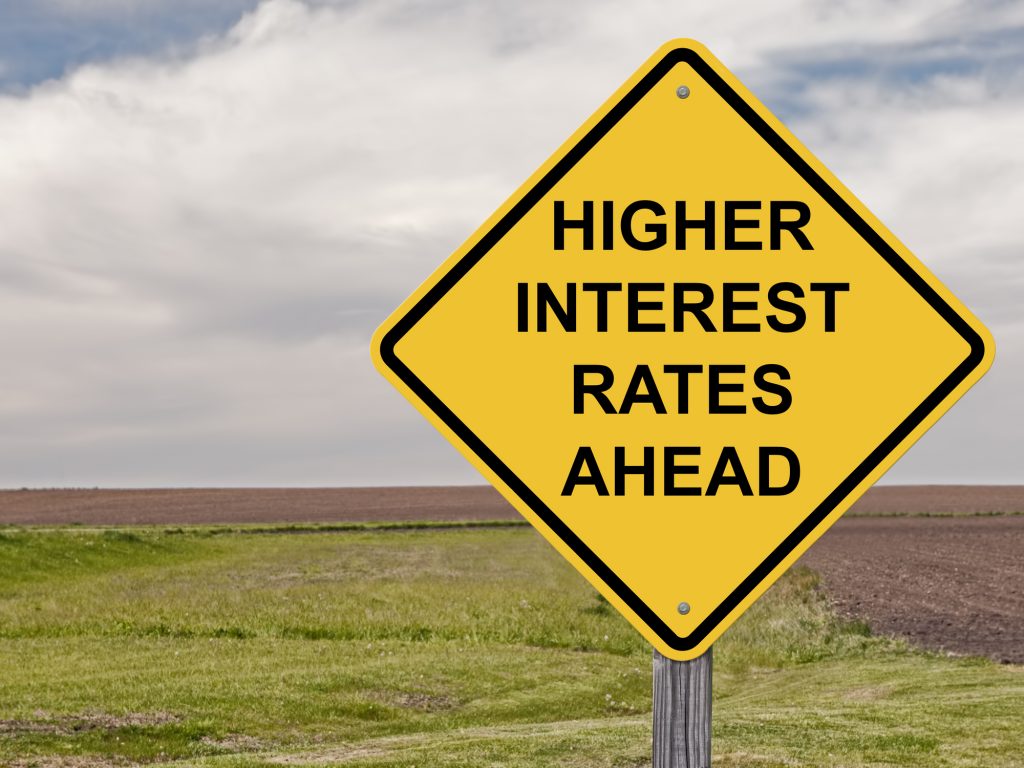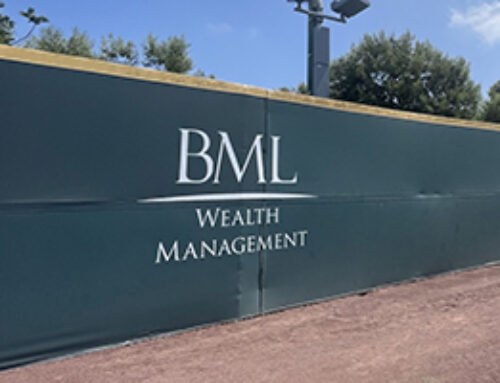
The 2022 economy has broken multiple records, first, with the highest inflation rate in 40 years, and now, the highest federal reserve interest rates since 2008.[1] In efforts to curb raging inflation, the US Federal Reserve has raised interest rates six times in 2022, reaching a target of 3.75% in November.[2] This rise in the cost of borrowing not only affects inflation but trickles into the decisions you make before and in retirement. Understand how this change affects you as a retiree:
- Dips in Investment Accounts
Borrowing costs and stock market prices move in opposite directions.[3] With the rise of interest rates, investors may predict an incoming recession and pull out of the markets, hurting the value of stocks. From the 2022 interest rate increases, stock indexes like the Dow Jones Industrial Average and the S&P 500 have fallen.[4] As these indexes track stocks that people buy for long-term investments through 401ks, Roth IRAs, and other pension funds, a decrease in the price of these stocks may also mean a decrease in the value of the funds held in your investment accounts. However, this dip may be temporary; an economic recovery isn’t out of the picture in the future. As someone planning to withdraw from these accounts while interest rates are high, you may lock in losses or receive less than you anticipated as the value of your investments has decreased.
- Boosts on Savings Accounts
Unlike stocks, savings account yield rates move in the same direction as borrowing costs. With Federal Reserve interest rates going up, yield rates on savings accounts and fixed-income investments also increase.[5] If you have money put in a savings account, the bank “lends” it to other customers in the form of loans with interest and pays you some of this interest.[6] In some way, you become a lender, earning interest on the cash you put away. When borrowing costs rise, it means the bank needs more cash to cover what they have borrowed; thus, they raise interest rates to entice you to place more money with them so they can cover their lending business costs. In short, your money is being borrowed for a higher cost, therefore giving you higher interest returns. With higher yields, you could see your savings grow at higher rates due to compounding interest.
- Hike in Variable Debt Rates
With borrowing costs on the rise, interest on debt may increase, such as the ones you see on credit cards or variable mortgage loans. If you are retired or planning to retire and are still paying off credit, review your payment plan to see if you have variable-rate credit, as this may mean you will be paying more interest per month. Whether it is an adjustable-rate mortgage or even a credit card plan, the increase in interest rates could lead to higher expenses.
[2] https://www.npr.org/2022/11/02/1133195996/fed-federal-reserve-interest-rates-hike-increase-inflation-unemployment-powell
[3] https://www.fool.com/investing/2022/09/19/feds-rate-hikes-impact-your-retirement-plan/
[4] https://www.npr.org/2022/11/02/1133195996/fed-federal-reserve-interest-rates-hike-increase-inflation-unemployment-powell
[5] https://www.fool.com/investing/2022/09/19/feds-rate-hikes-impact-your-retirement-plan/
[6] https://www.investopedia.com/articles/personal-finance/062315/how-interest-rates-work-savings-accounts.asp
The commentary on this blog reflects the personal opinions, viewpoints, and analyses of BML Wealth Management’s employees providing such comments and should not be regarded as a description of advisory services provided by West Wealth Group, LLC. The views reflected in the commentary are subject to change at any time without notice. Nothing on this blog constitutes investment advice. Any mention of a particular security and related performance data is not a recommendation to buy or sell that security. Investing involves risk, including the potential loss of principal. No investment strategy can guarantee a profit or protect against loss in periods of declining values. Past performance is no guarantee of future returns.
Investment advisory services through West Wealth Group, LLC, an SEC Registered Investment Adviser. BML Wealth Management and West Wealth Group, LLC are affiliated entities. Insurance Services are offered through BML Wealth & Insurance Services, California Insurance License #0M15550.
We do not provide tax or legal advice. All individuals are encouraged to seek guidance from qualified professionals regarding their personal situation. Any references to protection benefits or steady and reliable income streams in this guide refer only to fixed insurance products. They do not refer, in any way, to securities or investment advisory products.






